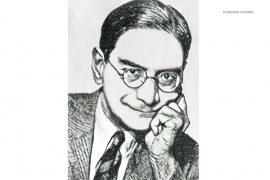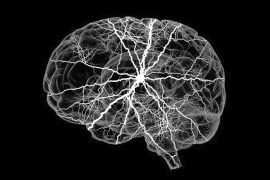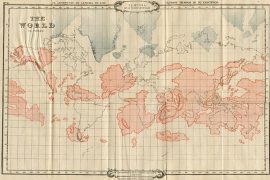Most science historians prefer to talk about scientific ‘revolutions.’ But it would be better if they are called evolution. This is because new discoveries are mutations that carry progress. Some mutations, of course, change things very little. But from time to time, some mutations induce a sea-change. This was the case with discoveries that started towards the end of July 1820; they totally changed our knowledge of electricity.
A single discovery started this process. The discovery is important in its own right. But I am interested in it because it’s a wonderful human story of careful, persistent work – of fear of being wrong, of pride, and, probably, of mendacity. But this is not all. It is a clear case in which a good philosophical approach proved sterile. Even more, the results of the experiments were so counter-intuitive that the discoverer, having intuited the truth, did not publish it. Consequently, the underlying theory took more than a hundred years to be understood. So, we have plenty of facts, ideas, and emotions to entertain us for some time.
Let me get into the matter. By 1820 the knowledge of electricity had improved a little. However, it was virtually stagnant. The major improvement of the last generation had been the construction of batteries that led to some amusing results but not much else. The major centres of the study were Paris – with giants like Ampère and Coulomb – and London, where Faraday was supreme. Yet, nothing interesting happened here; the prize went to Copenhagen where a little-known pharmacist discovered the electromagnetic interaction.
-30-
Copyright©Madras Courier, All Rights Reserved. You may share using our article tools. Please don't cut articles from madrascourier.com and redistribute by email, post to the web, mobile phone or social media.Please send in your feed back and comments to [email protected]











